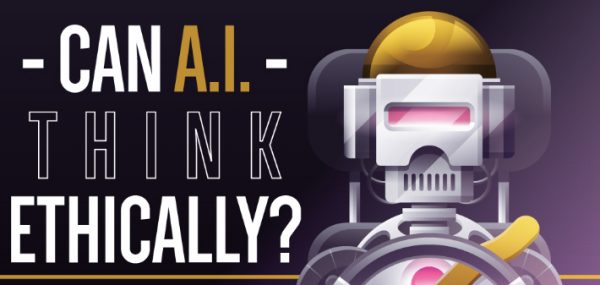Exploring the ethics of AI

Artificial intelligence is appearing in more and more of our everyday technology. But it raises a number of questions about how it will react in challenging situations.
Security education comparison site Cyber Security Degrees has produced an infographic looking at the ethics of AI and how we feel about its impact on our lives.
Driverless cars for example could potentially save around a million lives a year by eliminating 90 percent of accident fatalities, but there are worries about how it should react when an accident is unavoidable. 76 percent believe driverless cars should save as many lives as possible, however, very few are willing to buy a vehicle programmed to minimize harm, preferring cars programmed to protect passengers at all costs.
The graphic also looks at problems with AI, such as the ability to generate 'deep fakes' that appear to be real people. In addition there's the risk of learned bias, such as preferring male candidates for jobs simply because most previous applicants had been male.
Finally it looks at what we need to do to make AI more ethical. You can see more in the full graphic below.

Source: Cyber Security Degrees
